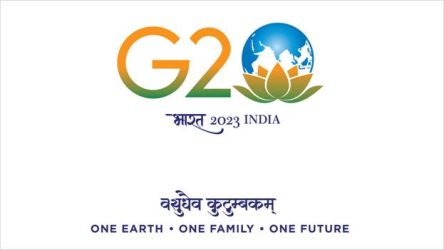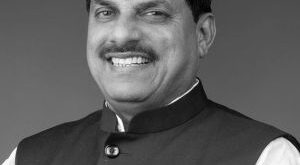
In the wake of the COVID-19 pandemic, a global health crisis that continues to reshape our world, India’s presidency of the G20 in 2023 emerged as a crucial moment for the nation’s pharmaceutical industry. With a focus on improving global health emergency preparedness, cultivating international collaborations, and harnessing the potential of digital health, India showcased its commitment to addressing healthcare challenges on a global scale. Digital Vision Pharma, one of India’s leading pharma companies, believes that this transformative journey underscored India’s status as the world’s pharmaceutical hub and highlighted its significant contribution.
The Transformative Journey
India’s pharmaceutical industry has evolved into the world’s largest exporter of generic medicines. This remarkable transformation has been propelled by pragmatic government policies and sustained long-term investments since the 1970s. In 2020, India’s pharmaceutical industry captured an impressive 85 percent market share in the country, a substantial leap from its humble 5 percent share in 1969. This exemplifies India’s unique ability to balance socialism and capitalism by ensuring affordable drugs, expanding access, and promoting innovation.
During the challenges posed by the pandemic, India’s pharmaceutical industry stepped up globally with resilience and dedication. Despite initial doubts, India demonstrated its commitment to international relations by supplying over 2.9 billion vaccine doses and essential medicines to more than 150 countries. Domestically, India administered an impressive 2.2 billion vaccine doses, showcasing its ability to meet both domestic and global needs. India’s role extended beyond the COVID-19 vaccines. The nation played a significant role in meeting WHO’s demand for critical vaccines like tetanus, DPT, and BCG, contributing between 40 and 70 percent.
Digital Vision Pharma on Meeting Future Challenges
Digital Vision Pharma, which is a major exporter and supplies medicines to countries like Afghanistan, Sri Lanka, and Africa, among others, believes that India’s pharmaceutical sector enjoys a substantial comparative advantage, with factors like projected spending of over $200 billion on medical infrastructure in the next decade and an expanding middle class. This, combined with India’s lower cost of production (approximately 33 percent lower than the US), positions the country’s pharmaceutical industry for continued growth.
Additionally, India’s Budget announcement of opening select Indian Council of Medical Research (ICMR) labs to public and private medical faculties further boosts the pharmaceutical industry’s growth potential. With its well-established domestic production infrastructure and a skilled, cost-effective workforce, this sector is poised to significantly contribute to global drug security.
G20 Summit: A Turning Point
India’s presidency of the G20 summit further accelerated the growth of its pharmaceutical sector. As India assumed this role, it reaffirmed its commitment to healthcare and pharmaceuticals, emphasizing collaboration, innovation, and equitable access to healthcare solutions. The G20 platform allowed India to collaborate on research and development initiatives, promoting scientific breakthroughs and enabling quicker responses to global health emergencies.
The G20 also spotlighted India’s healthcare, pharmaceuticals, and digital health achievements. It recognized India’s unique position as a global pharmaceutical hub and its potential to shape global health solutions. India’s pharmaceutical industry is actively engaged in policy initiatives to enhance healthcare manufacturing and delivery, and the G20 presidency provided the perfect stage to showcase these efforts.
As India continues to navigate the complex terrain of healthcare and pharmaceuticals, its journey from a drug exporter to a global pharmaceutical leader is a testament to its commitment to improving the health and well-being of people worldwide.
 Newspatrolling.com News cum Content Syndication Portal Online
Newspatrolling.com News cum Content Syndication Portal Online






